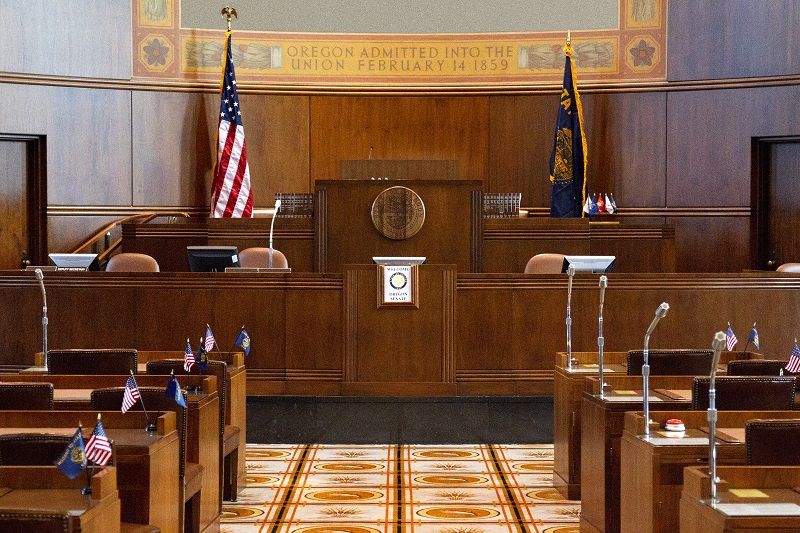Union workers in Patient Business Services at Oregon Health & Sciences University (OHSU) recently faced a challenge. Their work — billing and collections — was being put up for competitive bidding.
With the help of the American Federation of State, County and Municipal Employees (AFSCME) Local 328, the workers submitted their own proposal in competition with 10 other companies. The union workers won the contract.
OHSU chief financial officer Aaron Crane stated in a December 19 Portland Business Journal article, “Ultimately, our costs will be 15 to 20 percent cheaper long term than they are today. We are projecting cash recovery to be 4 to 5 percent better.”
The article continues, “Savings won’t come from worker pay or benefit cuts, but from less reliance on third-party support, better use of technology and from a more productive work force, union and OHSU officials said.”
During his two terms, former Indianapolis Mayor Stephen Goldsmith put nearly all city services up for competitive bidding. Public employees there frequently won the contracts they bid on. Like at OHSU, they figured out ways to improve services and reduce costs.
Oregon state and local public officials have an ethical responsibility to reduce the cost of government services, and competitive bidding is a good first step. At OHSU, AFSCME showed what it can do; thus, it is likely AFSCME and its members could also help reduce the cost of public services across the state.
© 2006, Cascade Policy Institute. All rights reserved. Permission to reprint in whole or in part is hereby granted, provided the author and Cascade Policy Institute are cited. Contact Cascade at (503) 242-0900 to arrange print or broadcast interviews on this topic. For more topics visit the QuickPoint! archive.











